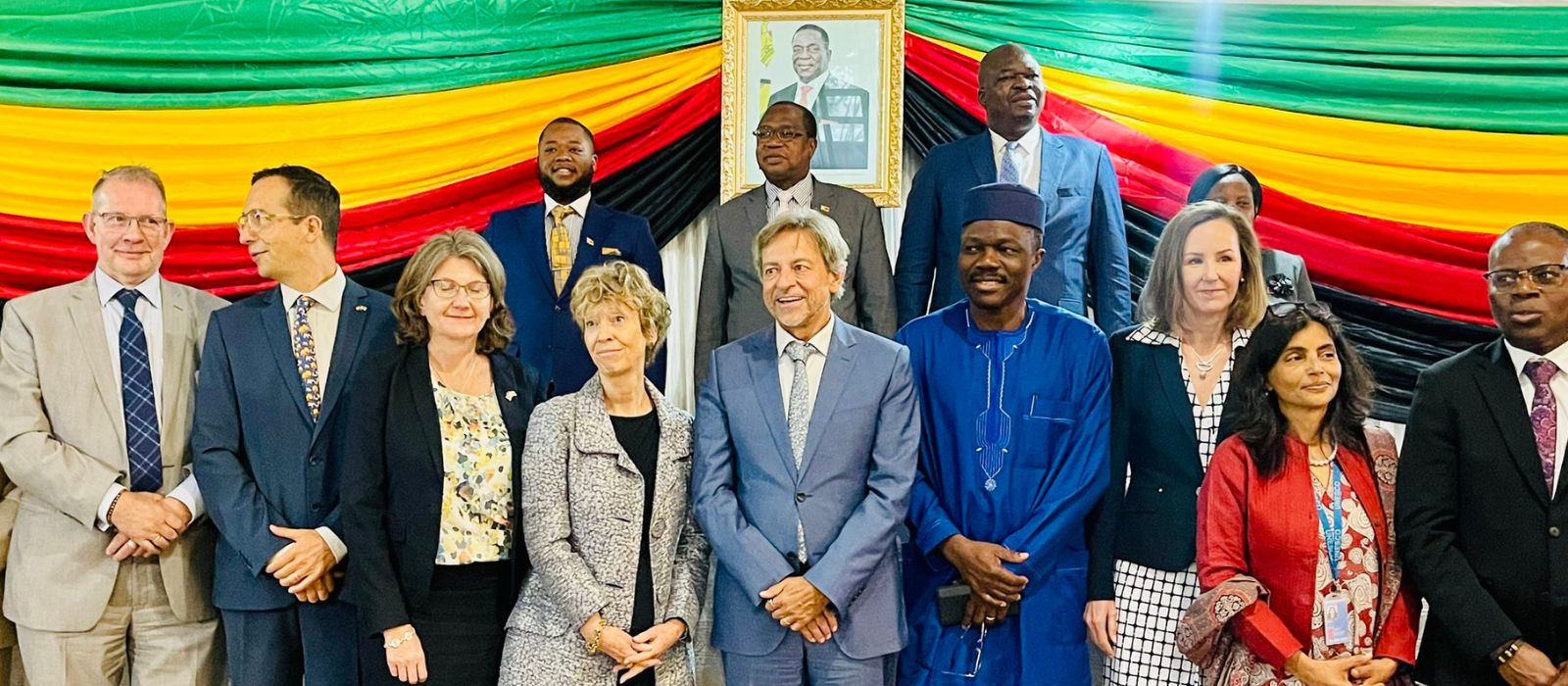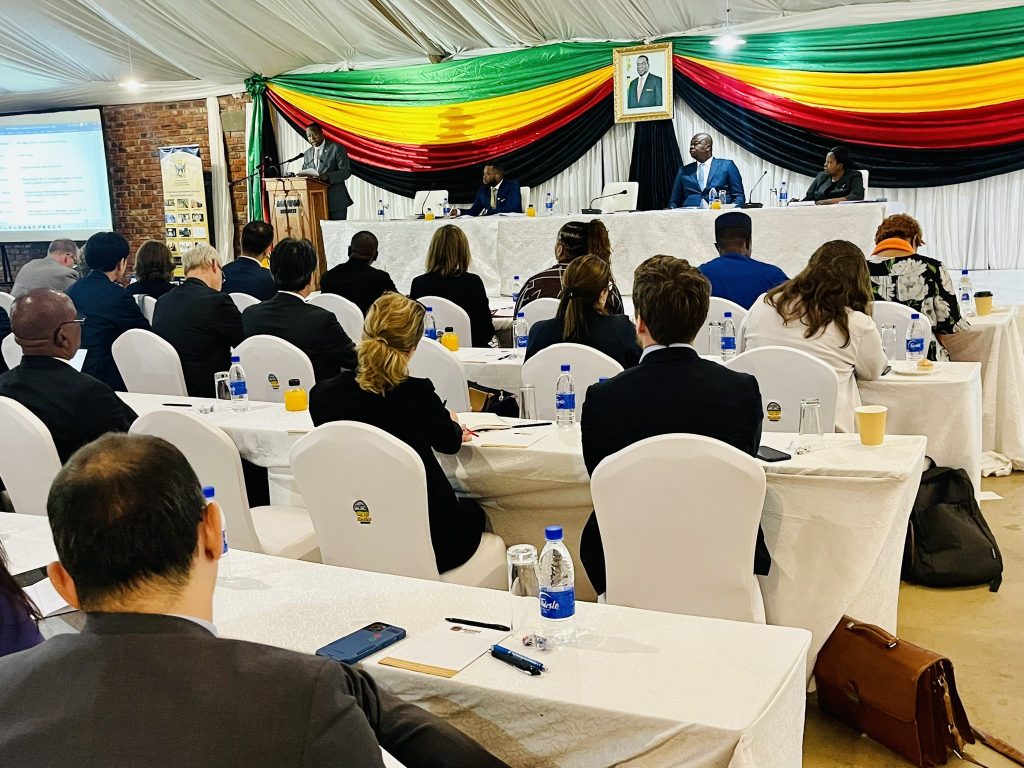
The government of Zimbabwe recently announced that it will compensate local and foreign white farmers who lost land and property more than 20 years ago during farm seizures aimed at addressing the wrongs of colonialism. Around 4,000 white farmers lost their homes and large areas of land when the country’s then Head of State, the late President Robert Mugabe, launched the controversial land redistribution program in 2000. President Mugabe, who passed away in 2019, had stated that the program was meant to correct colonial-era land inequities after Zimbabwe gained independence in 1980.
On Wednesday, Finance Minister Mthuli Ncube announced at a meeting with diplomats that the government had approved 441 applications for compensation, totaling $351.6 million from local white farmers, and 94 applications from foreigners, amounting to $196.6 million. However, only 1% of the compensation, or $3.5 million, will be paid in cash to local farmers who lost their land.
He further added that the remaining amount would be paid through the issuance of treasury bonds. Meanwhile, foreign claimants will receive an initial payment of $20 million, to be shared equally among 94 claimants from Denmark, Germany, the Netherlands, Switzerland, and several countries in Eastern Europe.
White farmers, who previously owned the majority of Zimbabwe’s prime farmland, were forcibly removed from their farms by protesters, many of whom were led by veterans of the country’s 1970s independence war. Some farmers were seriously injured in the violence, which involved beatings, according to Human Rights Watch. The seizures significantly damaged the commercial farming sector, forcing a once key regional food producer and exporter to rely on assistance from donors.
While Zimbabwe’s agriculture sector has rebounded in recent years, the main challenge it now faces is drought.
The compensation for local farmers is not for the land itself, land which President Mugabe’s government claimed had been unjustly taken from Zimbabwe’s Black majority under colonialism but for infrastructure, including buildings, wells, and irrigation equipment.
However, foreign claimants covered under international agreements protecting foreign investors will be compensated for both the land and the infrastructure. According to Minister Ncube, these payments are expected in the last quarter of 2024.
Since 2022, Zimbabwe has been in talks with creditors, led by the African Development Bank, to restructure its $21 billion debt, with the issue of white farmers’ compensation being a major sticking point.
In 2020, Zimbabwe’s government under President Emmerson Mnangagwa signed a compensation deal with the white farmers. President Mnangagwa, who took office in 2017 after the fall of President Mugabe, has sought to re-engage with white farmers and has even encouraged them to apply for new plots of land.
All farmland in Zimbabwe now belongs to the government, and those occupying it can only do so under lease agreements.



